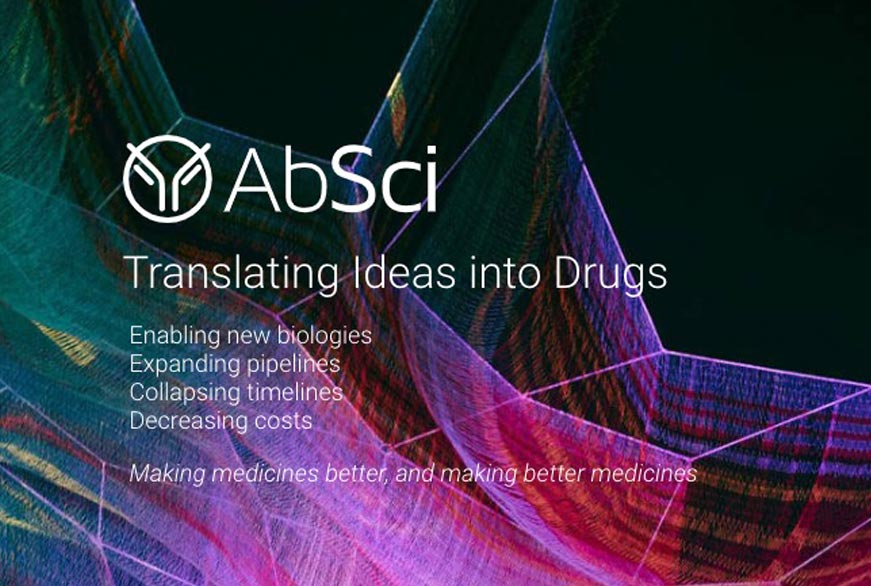In a groundbreaking move to advance cancer therapeutics, AstraZeneca, a global pharmaceutical giant, has recently entered into a strategic collaboration with Absci, a leading synthetic biology company. The deal, valued at an impressive $247 million, aims to harness the power of innovative antibody design to revolutionize cancer treatment.
The Partnership
The collaboration between AstraZeneca and Absci marks a significant milestone in the pharmaceutical industry’s ongoing efforts to develop cutting-edge solutions for cancer patients. Under the terms of the deal, AstraZeneca will leverage Absci’s unique AI-powered drug discovery platform, known for its ability to accelerate the identification and optimization of potential therapeutic antibodies.

AstraZeneca’s Commitment to Cancer Research
AstraZeneca, with a steadfast commitment to addressing unmet medical needs, has consistently pushed the boundaries of medical science. This collaboration underscores the company’s dedication to advancing cancer research and delivering transformative therapies to patients worldwide. The pharmaceutical giant has a proven track record in developing innovative treatments across various therapeutic areas, making this partnership a promising venture in the realm of oncology.
Absci’s Revolutionary Platform
Absci’s proprietary platform combines synthetic biology, data science, and laboratory automation to streamline the drug discovery process. With an emphasis on accelerating timelines and reducing costs, Absci’s AI-driven approach has garnered attention within the industry. The company’s innovative technology allows for the rapid identification and optimization of antibodies, providing a powerful tool in the fight against cancer.

The Potential Impact
The $247 million collaboration between AstraZeneca and Absci holds immense promise for the development of groundbreaking cancer therapies. By leveraging Absci’s advanced platform, AstraZeneca aims to expedite the discovery and development of antibodies specifically designed to target cancer cells. This approach has the potential to enhance the precision and efficacy of cancer treatments, minimizing side effects and improving overall patient outcomes.
Market Implications
Beyond the scientific and medical advancements, the AstraZeneca-Absci partnership is expected to have a considerable impact on the pharmaceutical market. Investors are likely to closely monitor the progress of this collaboration, as successful outcomes could lead to a significant shift in the landscape of cancer therapeutics. The deal reinforces the importance of strategic partnerships in driving innovation and addressing complex medical challenges.
Global Efforts Against Cancer
The collaboration between AstraZeneca and Absci is part of a broader global effort to combat cancer, a leading cause of morbidity and mortality worldwide. The World Health Organization estimates that cancer is responsible for nearly 10 million deaths annually, underscoring the urgency of developing effective treatments. Collaborations between industry leaders, like AstraZeneca and Absci, exemplify the collaborative spirit necessary to advance medical science and make meaningful strides in the fight against cancer.
Looking Ahead
As the AstraZeneca-Absci collaboration unfolds, the scientific community and the public at large will be eager to witness the progress and outcomes of this ambitious venture. The integration of AstraZeneca’s expertise in drug development with Absci’s cutting-edge technology creates a synergistic partnership that has the potential to reshape the future of cancer treatment.
In conclusion, the $247 million deal between AstraZeneca and Absci represents a significant step forward in the quest for innovative cancer therapies. This collaboration not only highlights the commitment of these industry leaders to advancing medical science but also underscores the importance of harnessing technology to address complex healthcare challenges. As the world watches the progress of this partnership, there is optimism that their combined efforts will bring us closer to a new era in cancer treatment.




